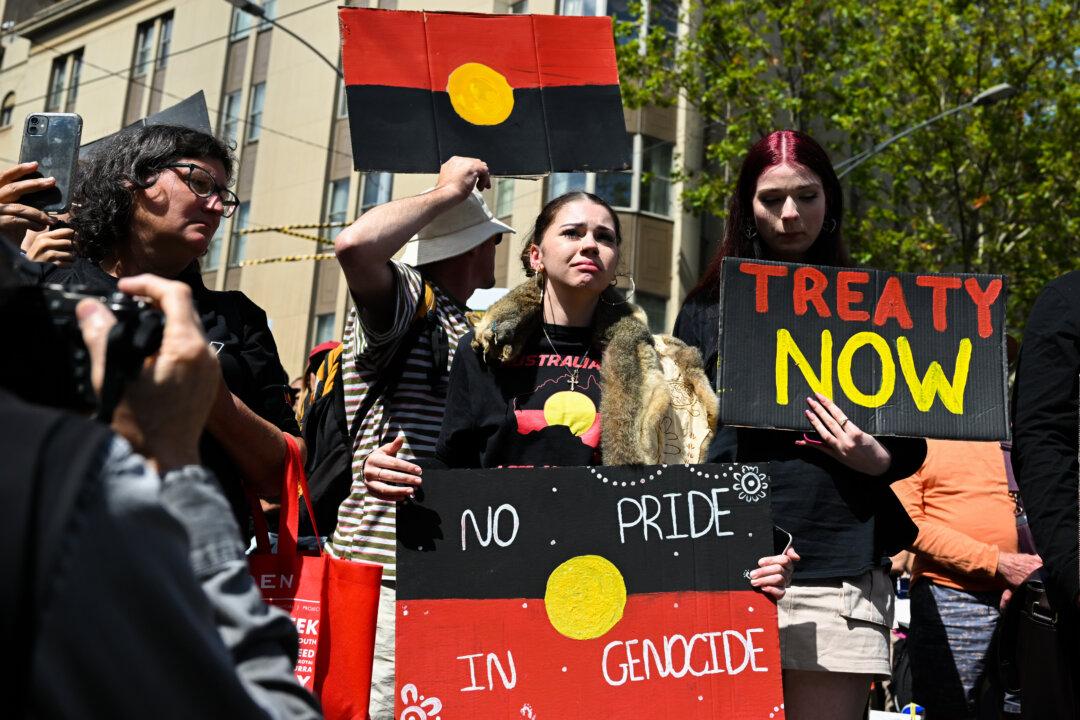The Victorian government is set to negotiate how much power an Indigenous representative body will have on Parliament.
On Jan. 13, Victorian Labor announced that it had reached an agreement with the First Peoples’ Assembly of Victoria (FPAV) for the first round of Treaty negotiations, two months after talks began in November 2024.





